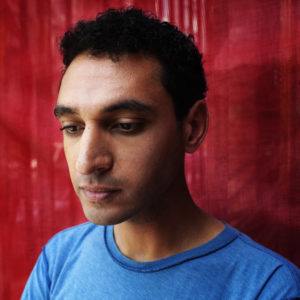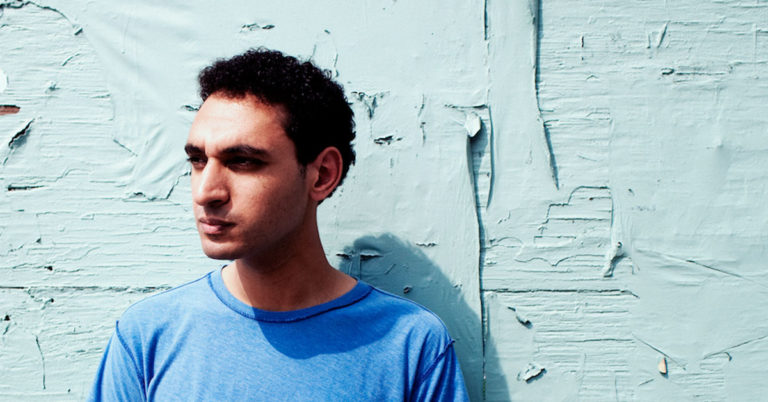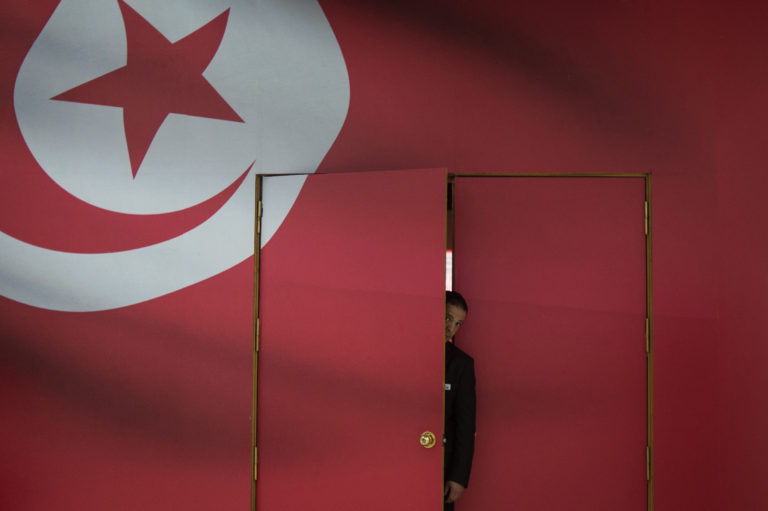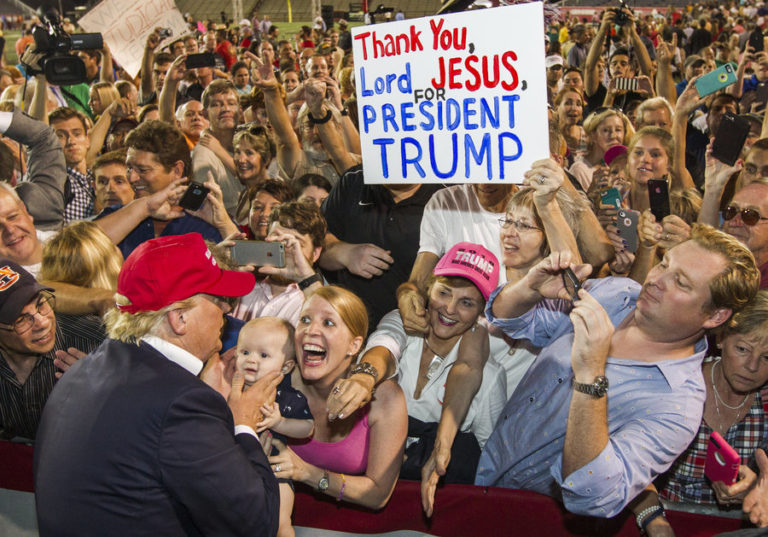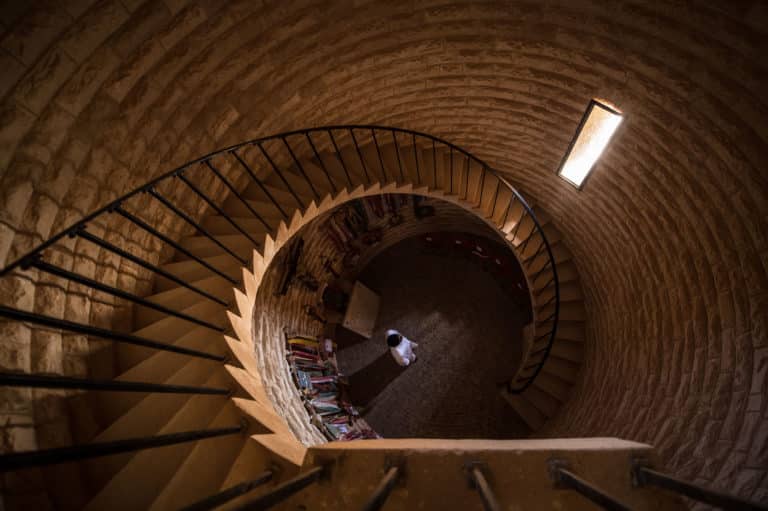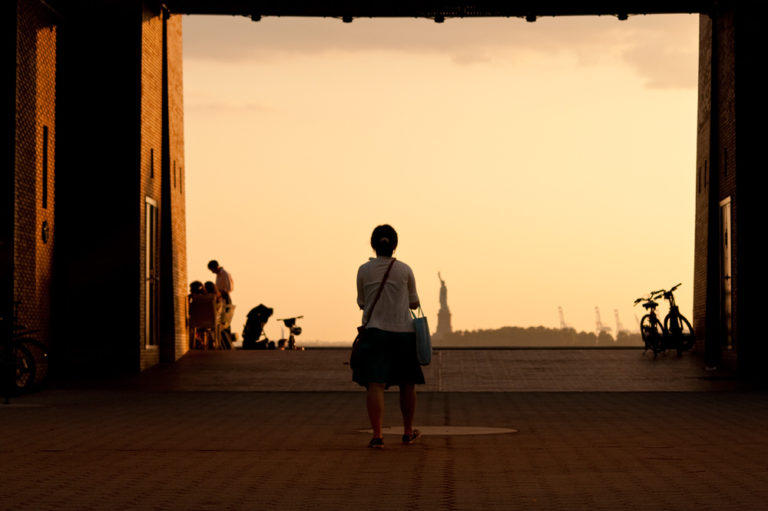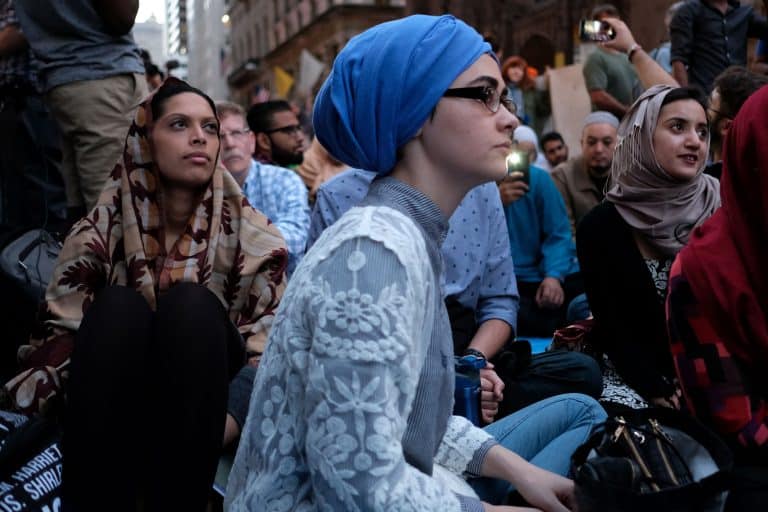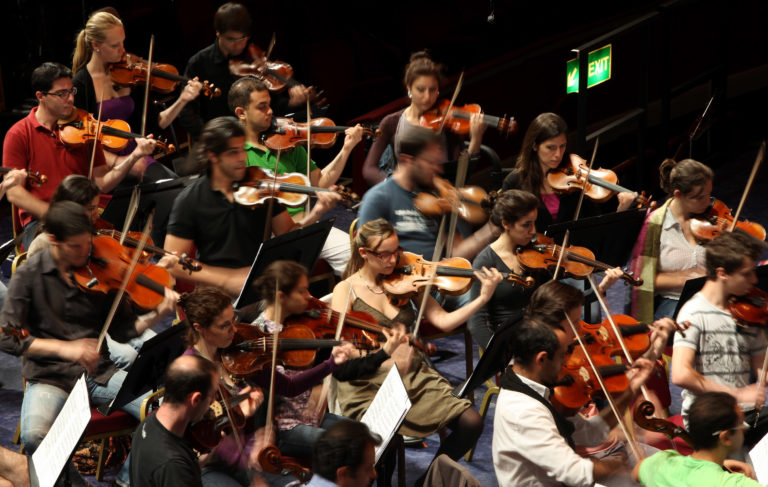He’s been called a post-millennial Schubert. Mohammed Fairouz has composed four symphonies and an opera while still in his 20s. He invokes John F. Kennedy and Anwar Sadat, Seamus Heaney and Yehuda Amichai in his compositions. He sees “illustrious language” as a form of music — and as a way, just maybe, to shift the world on its axis.
View
- List View
- Standard View
- Grid View
14 Results
Some of our greatest cultural treasures are seemingly beyond reproach when it comes to honest criticism. Watching The King and I, a composer acknowledges the inherent racism and reflects on how we can appreciate its art and still question in ethical and moral shortcomings alongside its greatness.
For the world-weary, cynicism may feel safe. But, in our efforts toward self-protection, what might we be missing? A Millennial reflects on the doubt and distrust he sees in his generation, and suggests a courageous counterpoint: sincere and hopeful optimism.
When loss is unexpected, grief is complicated. Zaha Hadid will be remembered for her dazzling feats of architecture, Mohammed Fairouz contemplates the profound loss of the work that is now unknowable.
Born into a world of chaos and uncertainty, a millennial composer calls on his fellow generation to embrace the richness of this age and go berserk with gratitude.
As the United Nations prepares for its 71st session, Mohammed Fairouz honors the courage of those who came before us to make bold vows and asks us to step beyond our cynicism to achieve our greatest aspirations.
With political rhetoric stirring people to anger, Mohammed Fairouz calls for us to cease and desist with our blunt use of destructive language and use our highest forms of linguistic expression.
Two sacred celebrations coincide this year. Through the ancient story of Joseph, Mohammed Fairouz reimagines a world bound together in a common family and a common future.
Our cultural treasures of music, art, and literature can bind us together. But in an era of interconnectedness, our art can also be woven together with our statecraft. Mohammed Fairouz cautions against cultural appropriation by charting the story of our universal cultural heritage, from the court of ancients to the modern day.
The political rhetoric of making America great again points at the decline of not only U.S. power, but the erosion of trust among its allies and its own citizens. Mohammed Fairouz stands up for his community in this particular moment in time.
In the wake of the attacks in Manchester, an artist’s impassioned appeal to the West to cast off the scourge of collective responsibility for terrorism — and embrace the world's 1.8 billion Muslims as partners not adversaries in the battle against extreme violence.
For those of us who adore our daily forms of labor, work doesn't stop when the office closes. Mohammed Fairouz makes the case for obsession, and work as prayer and mystery and play.
Civilizations elevate the best in cultures and people. A composer encourages us to rethink the phrase "clash of civilizations" and, by definition, civilization can only fuel human flourishing.
Our public discourse has been infiltrated by ego and self-interest. Mohammed Fairouz challenges convictions of correctness on all sides, and calls for a humbler, more generous political spirit.
The Pause
Join our constellation of listening and living.
The Pause is a monthly Saturday morning companion to all things On Being, with heads-up on new episodes, special offerings, event invitations, recommendations, and reflections from Krista all year round.
Search results for “”
View
- List View
- Standard View
- Grid View
Filters
Listen
Read
